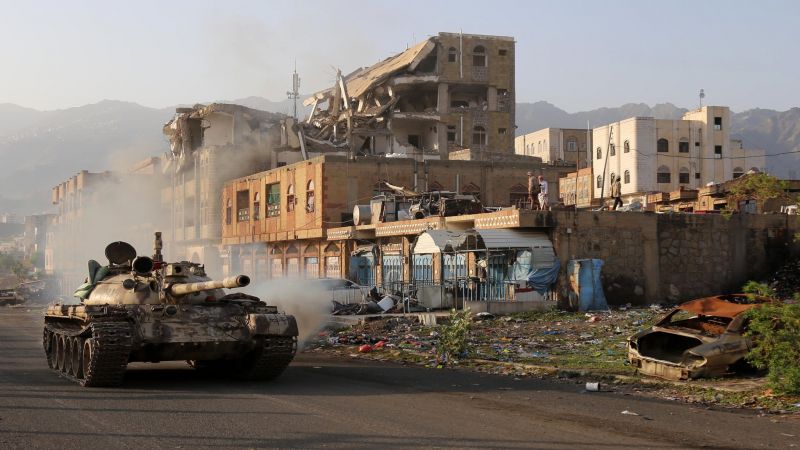
Local Editor
The New York Times published an article in which it described the conflict in Yemen as unwinnable, dangerous for the region and remarkably cruel. So the drawdown of troops by the United Arab Emirates, calling for admitting the biggest outside ground force backing the Saudi-led war as an example for everyone else involved.
Given global revulsion with the Yemen war, which has created what the United Nations calls the world’s greatest humanitarian crisis, the country’s tacit recognition that the conflict is a waste of lives, resources and national stature is a dose of sanity, according to NYT.
The US paper added that the United Arab Emirates has not publicly explained its pullback, evidently for fear of irritating its Saudi allies.
“But diplomats say the Emiratis, who sent at least 5,000 troops to Yemen to train and lead militias, have wanted out for some time now. They say the United Arab Emirates has sharply cut its deployment of men, attack helicopters and heavy guns around the Red Sea port of Hudaydah, the main battleground last year. A shaky United Nations-mediated cease-fire in Hudaydah that came into effect last December provided the excuse and a reason to pull back.”
NYT considered that those talks, which resumed on Sunday, offer a potential framework for real peace negotiations if other parties behind the war — most important Saudi Arabia, the leader of the coalition in which the United Arab Emirates had the lead ground role — followed the Emirates’ lead.
Yemen has been since March 2015 under brutal aggression by Saudi-led coalition, in a bid to restore control to fugitive president Abd Rabbu Mansour Hadi who is Riyadh’s ally.
Tens of thousands of people have been killed and injured in the strikes launched by the coalition, with the vast majority of them are civilians.
The coalition, which includes in addition to Saudi Arabia and UAE: Bahrain, Egypt, Morocco, Jordan, Sudan and Kuwait, has been also imposing a harsh blockade against Yemenis.
Source: The New York Time and Al-Manar English Website